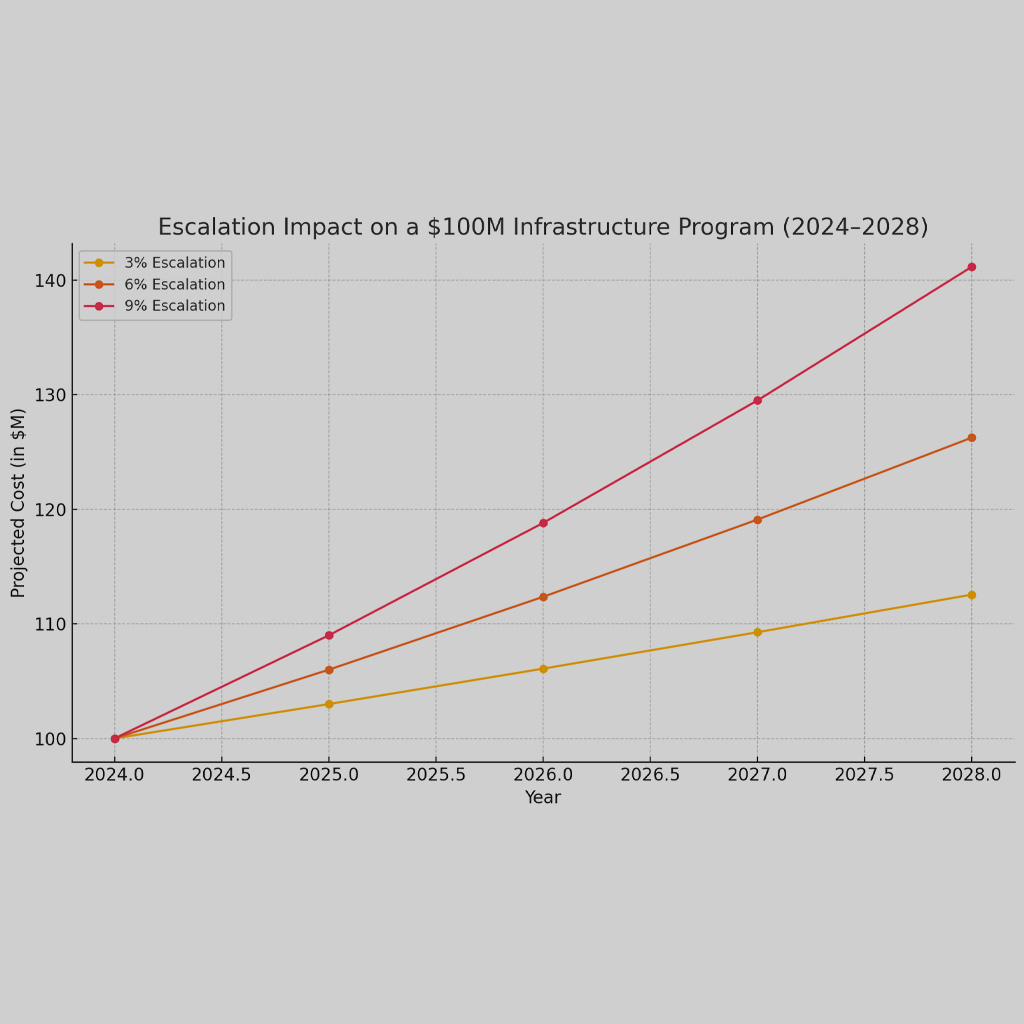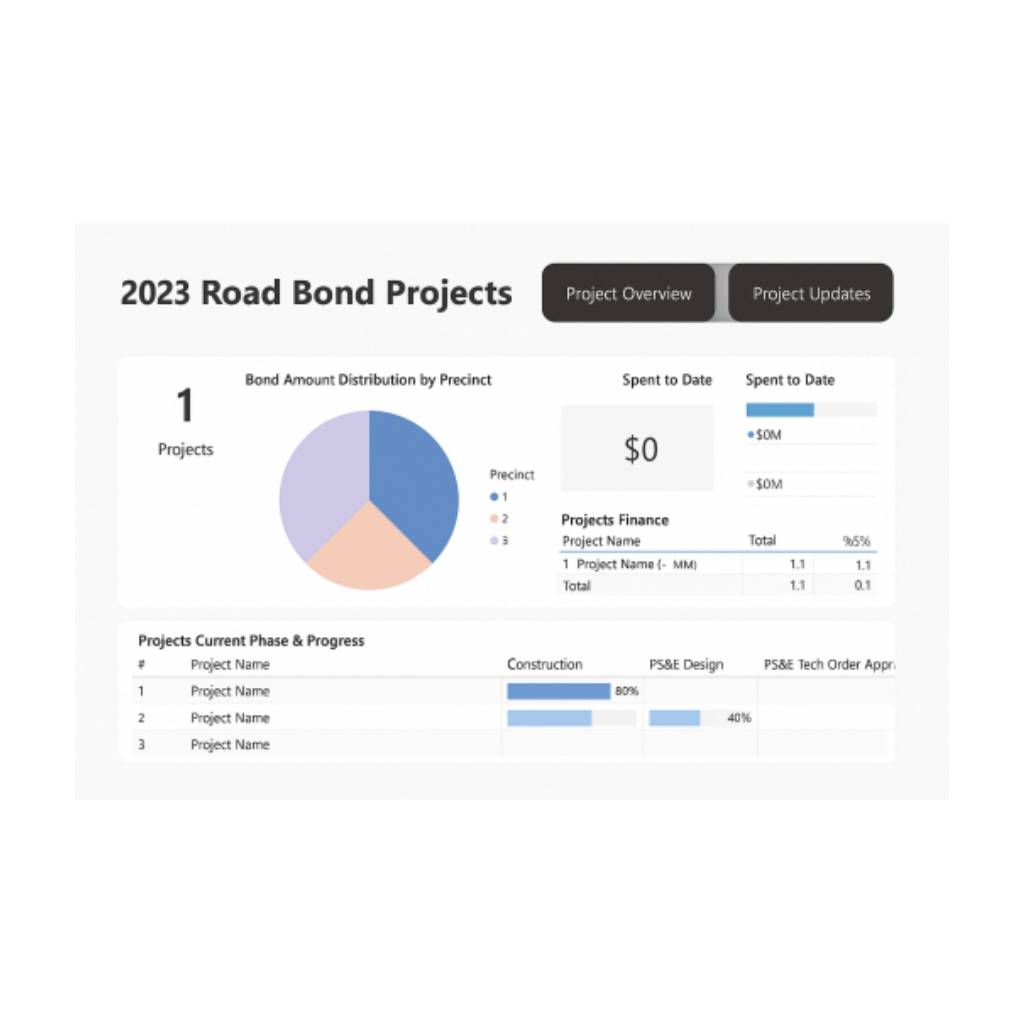How to get the most out of current technology in construction planning.
In the ever-evolving world of construction planning, technology has played an increasingly important role in achieving greater efficiency, accuracy, and productivity. However, it is important to remember that technology is only a tool and that human oversight and best practices are crucial in getting the most out of it. Here are some key points to consider when using technology in construction planning:
- Utilize project management software: Project management software such as Procore, PlanGrid, and BIM 360 provide a centralized platform for managing project documents, schedules, budgets, and communications. By utilizing such software, construction managers can keep track of project progress, identify potential issues, and communicate with team members in real-time.
- Collaborate with subcontractors: Subcontractors play a crucial role in the success of any construction project. Collaborating with them early on and providing them with access to project management software can help ensure that they are aligned with project goals, timelines, and budget constraints. Additionally, the software can be used to track and manage subcontractor performance.
- Use drones and laser scanning technology: Drones and laser scanning technology can provide accurate and timely information about project sites, enabling construction managers to identify potential hazards and plan for site logistics. This technology can also be used to create detailed 3D models of construction sites, which can be used to visualize construction progress and identify potential issues.
- Provide proper training: Technology is only effective if team members are trained to use it properly. Providing proper training for team members on the use of project management software, drones, and other technologies can help ensure that they are used effectively and efficiently.
- Implement quality control processes: Quality control processes should be put in place to ensure that construction plans are being followed and that project outcomes meet expectations. These processes can include regular site inspections, document reviews, and performance evaluations. Project management software such as Procore have built timeline features that encourage workflow to continue and clearly identify ball in court tasks.
- Monitor progress and adjust plans accordingly: Regularly monitoring progress and adjusting plans accordingly is essential for ensuring that construction projects stay on track. Project management software can be used to track progress, identify potential issues, and make adjustments to project plans as needed.
While technology has revolutionized construction planning, it is important to remember that it is only a tool. Effective construction planning requires human oversight and adherence to best practices. By utilizing project management software, collaborating with subcontractors, adopting lean construction principles, and focusing on communication and quality control, construction managers can get the most out of current technology and ensure project success.
At Front Line Advisory Group, we provide program management consulting services for capital improvement bonds. We are revolutionizing the construction industry and transforming client expectations by obsessing over the basics of budget oversight, schedule enforcement, compliance, vendor management, and stakeholder communication. Contact us for more info at info@frontlineadvisorygroup.com.













